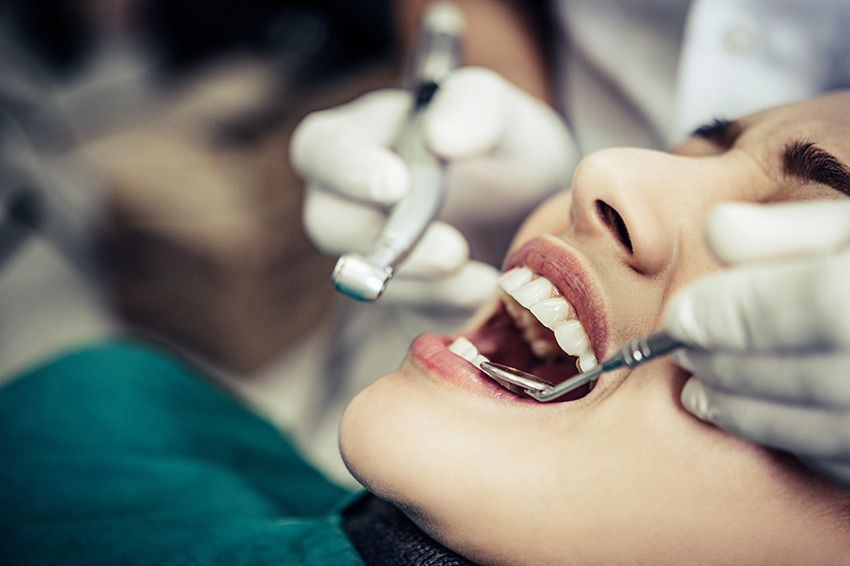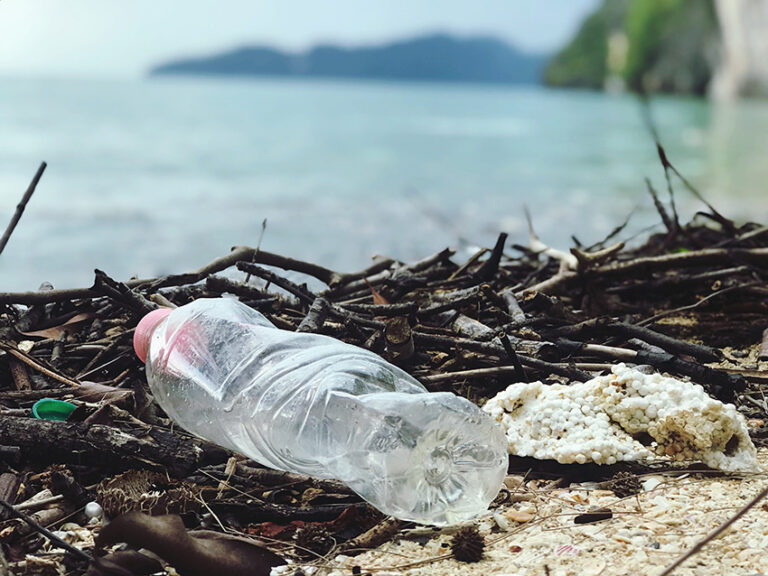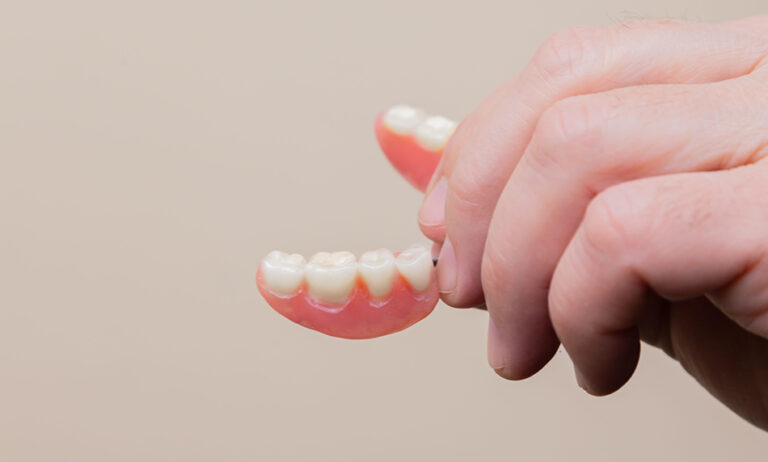The American Dental Association (ADA) calls the relationship between your diet and your dental health “bidirectional,” which simply means that one has an effect on the other. What you eat affects your mouth’s overall health, and your mouth’s overall health determines what kinds of foods you consume. Below, you can learn more about how the food you eat plays a role in the health of your mouth and teeth.
Links between Diet and Dental Caries
Dental caries – more commonly known as cavities – are the leading oral disease worldwide. Lots of research conducted by the ADA has determined that your diet plays a significant role in the development of cavities, as well. In fact, the organization says that cavities are “sugar-driven,” and this doesn’t apply to just sweet snacks and beverages. Carbohydrates also play a role in the development of cavities. Essentially, the plaque created by the fermentation of carbohydrates in the diet is highly acidic, and it breaks down the minerals that give teeth their hardness. Over time, this leads to cavities.
Sugar Intake
According to information provided by the ADA, a systematic review that looked at the effects of free sugar intake and the development of cavities showed that the risk of cavities increased significantly in populations where more than 10% of their total energy intake was free sugar. In fact, this very same review is utilized to help the World Health Organization, or WHO, create guidelines for daily sugar intake. As a result, the WHO recommends keeping sugar intake to less than 10% of overall caloric intake for any given day, and they even suggest that keeping intake as low as 5% is the healthiest option. Take a look at your sugar intake and determine whether cutting back might be a good idea for your oral health.
Food Stains
In the US, especially, a bright white smile is a sign of good oral health – and for the most part, that is true. Discoloration isn’t unusual, however, and much of it is caused by the foods you consume. For example, things like coffee, tea, cola, and wine can gradually cause your teeth to turn yellow, which means the beaming white smiles you see are the result of good oral hygiene and, in many cases, at-home or in-office whitening procedures. There are a few ways to limit discoloration brought on by your diet, and they include:
- Limiting your consumption of foods and beverages that are known to cause yellowing and darkening of the teeth;
- Rinsing your mouth thoroughly after consuming coffee, tea, wine, etc.
- Brushing your teeth for at least two minutes twice every day with a soft toothbrush and safe toothpaste; and
- Seeing your dentist regularly for checkups.
- Avoiding harsh at-home whitening procedures – including the use of charcoal or charcoal-based toothpaste – until you have spoken with your dentist.
As you can see, your diet plays a very important role in your overall oral health. Things like sugars and refined carbohydrates are the biggest culprits, but some of your favorites – including coffee, tea, and wine – can lead to significant discoloration. Try taking a look at your diet and seeing what kinds of changes you can make today to promote a healthier, whiter smile





